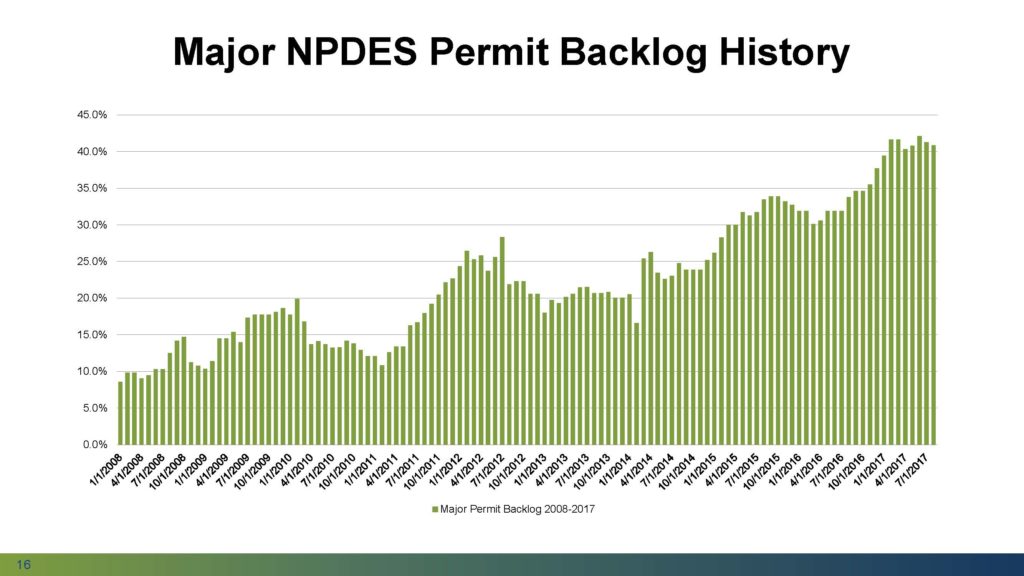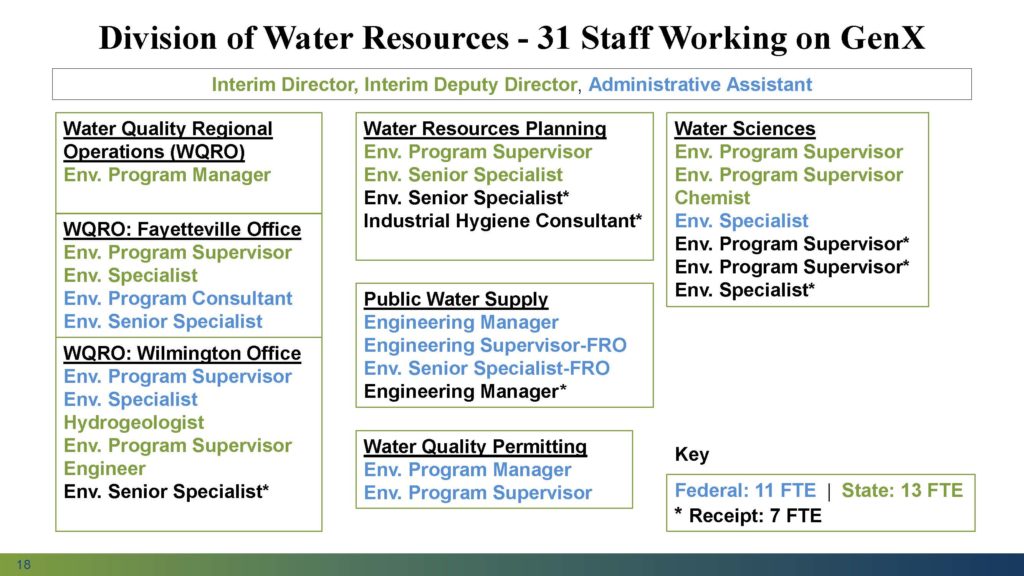Our democracy is confusing. And our state is muddying the waters even more by altering the way it ‘normally’ works. We break it all down for you in this post.
We hope this information helps you assess whether or not the General Assembly is adequately fulfilling their duty to protect your health and the health of your environment. Read on to decide for yourself.
What happened?
The North Carolina General Assembly approved budget alterations to the second year of the two-year, $23.9 billion state budget last week, passing on near party-line votes in the Senate on Thursday and the House on Friday.
How’d it happen?
The bill sets the spending for our entire state – and it passed pretty quickly – does that mean our legislature has learned to compromise? Not so much.
This bill was crafted by a handful of the majority behind closed doors and they required an “up or down vote” meaning there was no discussion or opportunities to introduce amendments by representatives of either party.
What’s next?
Governor Cooper now has 10 days to sign it, veto it or let it become law without his signature.
How does this affect the GenX bills that were introduced in the House and Senate a couple of weeks ago?
In short, the budget bill alters the language, and the appropriated funding, and if passed into law, the budget bill supersedes the other bills.
If Gov. Cooper vetoes the bill (as he did with last year’s budget bill), it will likely be overridden by the super-majority and made law.
If this budget bill becomes law, what’s in store in terms of GenX spending?
Here’s the gist of it:
Funds for Department of Environmental Quality (DEQ): $1.3 million is being taken from the DEQ’s nutrient management budget. (This money was appropriated to pay a company called SePro to dump chemicals in Jordan Lake to kill algae; we’ll let you wonder why the legislature suggested supporting this one company without any scientific assessment of how it might affect the lake. The idea was rejected by the Army Corps of Engineers ); $25,000 is being reallocated from the Dpt. of Commerce (again, not new funds); $537,000 is being appropriated in this budget bill, for a grand total of about $1.86 million to be used as follows:
- $537,000 to purchase a triple quadrupole mass spectrometer
Scientists have shared with Clean Water Matters that this type of mass spectrometer will NOT identify emerging contaminants in our water; it will only quantify those contaminants already identified. In talks with the General Assembly, DEQ specifically requested a high-resolution mass spectrometer; they were ignored. - $613,000 to the Division of Water Resources for time-limited positions and operations support of water quality sampling and targeted analysis of samples related to per- and poly-fluoroalkyl substances (PFAS), and to purchase supplies for operation of the mass spectrometer
Scientists have shared with Clean Water Matters that specialized staff needs to be trained and assigned to work this type of equipment; one scientists called working with this type of equipment ‘an art form.’ This does not sound like work for “time-limited” staff. - $200,000 to the Division of Water Resources for time-limited positions and operations support to address permitting backlogs.
Not nearly enough; seven years of funding reductions to DEQ have resulted in the loss of 70 positions and a 41 percent reduction in staff devoted to monitoring and enforcing water quality regulations. - $232,950 to the Division of Air Quality for sampling and analysis of atmospheric deposition of PFAS (no recurring funds, ie, new staff)
- $279,050 to the Division of Waste Management for sampling and analysis of PFAS in groundwater wells, soil, and sediment. (no recurring funds, ie, new new staff)

Source DEQ Report to House Committee on River Water Quality 
Source: DEQ report to House Committee on River Water Quality
Funds for the North Carolina Collaboratory (run by Sen. Phil Berger’s former policy advisor)
- $5,013,000
- (i) to cover costs associated with air, water, soil sampling, well-monitoring, (ii) for acquisition or modification of essential scientific instruments, or (iii) for payments of costs for sample collection and analysis, training or hiring of research staff and other personnel, method development activities, and data management, including dissemination of relevant data to stakeholders.
This is work traditionally handled by state environmental regulatory bodies like the DEQ, the only body with regulatory power over corporate polluters.
- (i) to cover costs associated with air, water, soil sampling, well-monitoring, (ii) for acquisition or modification of essential scientific instruments, or (iii) for payments of costs for sample collection and analysis, training or hiring of research staff and other personnel, method development activities, and data management, including dissemination of relevant data to stakeholders.
Funds for Municipalities:
- $2 million to connect households with PFAS well contamination to public water supplies or provide filtration (reimbursable by the party responsible for contamination by order of the Secretary of the DEQ)
Funds to the Cape Fear Public Utility Authority:
- $450,000 for sampling and treatment related to PFAS.
NOW WHAT?
The budget bill falls very short of the Governor’s proposed budget in which he requested funds for DEQ and the Department of Health and Human Services (DHHS) of about $14.5 million to address the GenX issue as well as to ensure our DEQ and DHHS are able to handle the myriad other water quality issues across our state. (Notably, Michigan has already appropriated $234 million to address the Flint water crisis, and their governor asked for an additional $48 million this year.)
The DEQ is the ONLY body in our state with the legal authority to regulate corporate polluters.
Do you think that providing just about $1.86 million (mostly in re-allocated funds) to our DEQ is a fulfillment of our elected officials’ duties to ensure public health and the health of our environment?
IF NOT, TAKE ACTION
It is likely that Gov. Cooper will veto this bill. Once that happens, call your elected officials and urge them to SUSTAIN THE VETO.
Below are the numbers for our regional leadership in the Senate and the House. If your senator and representative are not listed, or you’re not sure who represents you, click HERE and enter your address.
Senator Mike Lee 919 715 2525
Sentator Bill Rabon 919 733 5963
Rep. Holly Grange 919 733 5830
Rep. Deb Butler 919-733-5754
Rep. Ted Davis 919 733 5786
Rep. Frank Iler 919 301 1450

